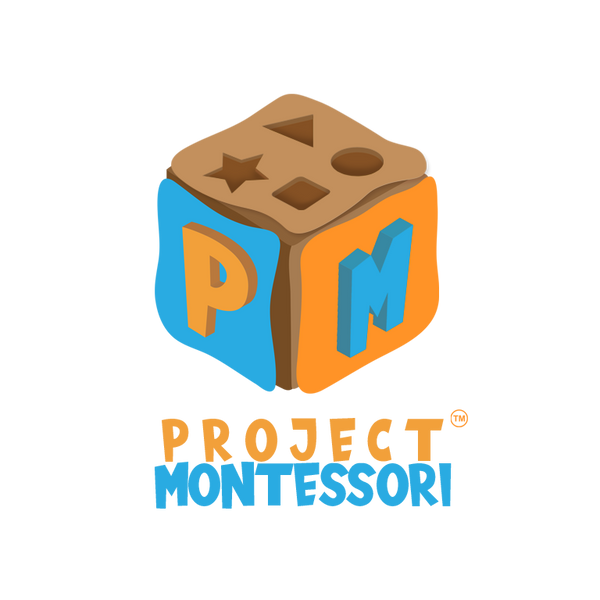Mathematics is an integral part of early childhood education, laying the foundation for logical reasoning, problem-solving, and critical thinking skills. Montessori education recognizes the importance of hands-on experiences in learning mathematics and offers a variety of engaging toys to support children's mathematical development. In this article, we'll explore the world of Montessori math toys and their role in making math fun and engaging for young learners.
Montessori math toys are designed to provide children with concrete experiences that help them develop a deep understanding of mathematical concepts. One of the most iconic Montessori math materials is the number rods. These wooden rods are different lengths and are color-coded to represent the quantities from one to ten. Children explore the concept of quantity and learn to associate each number with a corresponding length. By manipulating the rods and arranging them in various patterns, children develop a sense of number relationships and learn basic addition and subtraction concepts.
Another essential Montessori math material is the golden beads. These small, golden-colored beads represent units, tens, hundreds, and thousands. Children use the beads to build numbers and perform mathematical operations such as addition, subtraction, multiplication, and division. By working with the golden beads, children develop a deep understanding of place value and the base-ten number system, laying the foundation for more advanced mathematical concepts.
Montessori math toys also include a variety of counting and sorting materials that help children develop number sense and basic arithmetic skills. For example, children might use counters, cubes, or beads to represent quantities and practice counting, grouping, and comparing objects. Sorting materials such as color tablets, shapes, or buttons provide opportunities for children to categorize objects based on different attributes and develop classification skills.
One of the unique features of Montessori math toys is their versatility and adaptability to children's individual learning styles and abilities. Montessori educators encourage children to work at their own pace and explore mathematical concepts through hands-on experimentation and discovery. Children are free to choose materials that match their interests and challenge them at an appropriate level, promoting a sense of ownership and autonomy in their learning process.
In addition to promoting mathematical understanding, Montessori math toys support children's overall cognitive development. Research has shown that hands-on experiences with mathematical materials can improve problem-solving abilities, enhance spatial reasoning skills, and foster a positive attitude towards mathematics. By providing children with opportunities to explore math through play, Montessori educators ignite their curiosity, creativity, and enthusiasm for learning.
In conclusion, Montessori math toys play a vital role in making math fun and engaging for young learners. Through hands-on exploration of mathematical concepts, children develop a deep understanding of numbers, operations, and patterns. Whether in the classroom or at home, incorporating Montessori math toys into children's learning experiences can spark a lifelong love of mathematics and empower them to become confident, competent mathematicians.



